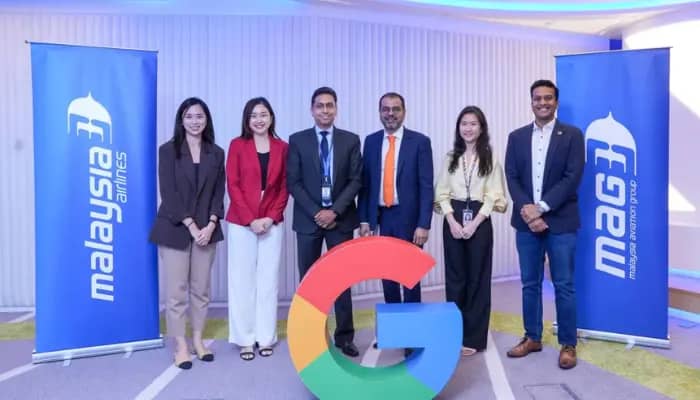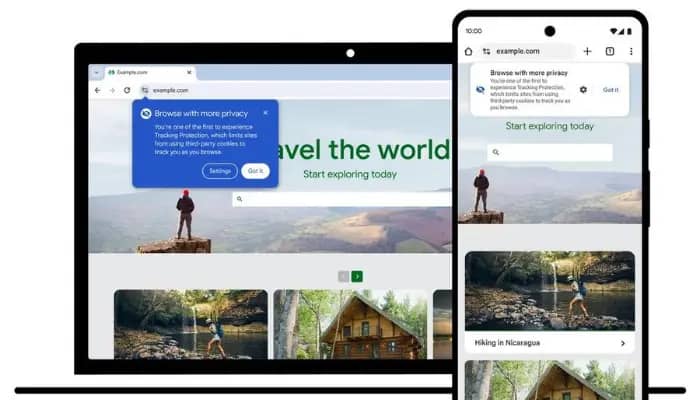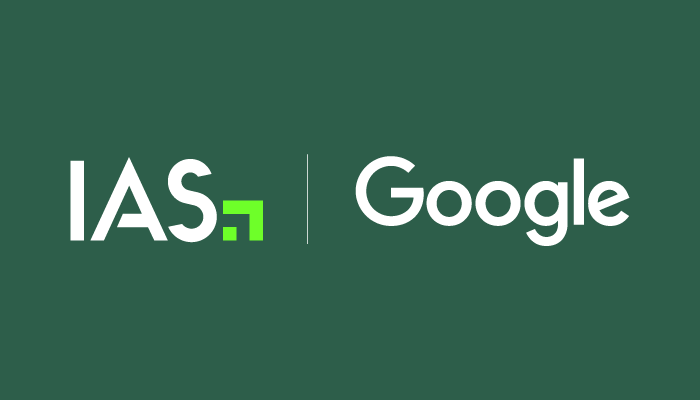Kuala Lumpur, Malaysia – The 8th edition of the e-Conomy SEA report by Google, Temasek and Bain & Company has noted that domestic demand will drive economic growth in Malaysia with household spending, employment and wages on the rise. It also noted that online travel is growing 49% YoY – fastest of all the digital economy sectors – reaching $4b in gross merchandise value (GMV).
According to the report, Malaysia has the fastest-growing transport and food delivery sector in SEA. The sector grew 16%, boosted by Malaysian commuters’ return to offline activities and the continued preference for food delivery.
It also added that even though foot traffic in malls has recovered to pre-pandemic levels and the food and beverage industry is experiencing an uptick, Malaysian consumers have held onto the digital habits that make their lives easier, such as food delivery and e-commerce.
Meanwhile, e-commerce growth is flattening after growing 4% between 2021 and 2022 from pandemic-driven growth, but it remains Malaysia’s biggest digital economy sector at $13b, accounting for 57% of the total GMV. E-commerce is seeing high adoption in Kuala Lumpur and Selangor.
However, there is a persistent gap between demand and supply in other areas of Peninsular Malaysia and East Malaysia, which presents an opportunity for e-commerce players to expand in those areas.
In terms of digital financial services (DFS) adoption, the irreversible offline-to-online behavior shift continues to drive growth in DFS adoption, and cash is no longer king with QR codes and other forms of digital payments becoming ubiquitous. Digital payments are the biggest value driver within the DFS categories in Malaysia – $165b GTV in 2023 – boosted by the government’s support for digital payments adoption and distributing benefits to lower-income communities through e-wallets. This has placed Malaysia as the 2nd biggest digital payment market in SEA in 2023.
It also noted that digital wealth grew 61% YoY – fastest of all the DFS categories – and is expected to be the second largest DFS sector in Malaysia by 2030. The increasing interest towards digital wealth presents a lucrative opportunity for established financial services institutions to retain high-net-worth customers.
As the competition between DFS players intensifies, pure-play fintechs have extended their lending services to the underbanked segment, while established financial services institutions have been quick to shift their large existing customer bases to digitalised services.
Lastly, Malaysia has seen good progress on digital inclusion, making inroads into rural areas to bridge connectivity gaps. The percentage of households with internet access saw an increase from 76% to 97% for urban and 49% to 89% for rural, within the time frame of 2015 – 2022. However, consumers outside of metro areas are at risk of facing a widening digital economic divide when it comes to digital participation – active involvement in the digital economy through consumption of products or services across sectors.
Samuele Saini, country director at Google Malaysia, said, “Malaysia’s GMV is projected to reach between $45b and $70b by 2030 and we’ve seen how the resurgence of tourism along with Malaysian consumers’ sticky digital behaviours in e-commerce and food delivery can contribute to this economic growth. With Malaysia making good progress in bridging connectivity gaps, addressing the digital participation beyond metro areas can prove to be a key in unlocking the next wave of growth.”
Meanwhile, Willy Chang, partner at Bain & Company, commented, “t is remarkable that both Southeast Asia’s digital economy GMV and revenue continued their double-digit growth momentum, with revenue breaking the $100B mark in 2023. This shows the resilience of the Southeast Asian digital economy and that the key players are making progress towards more healthy unit economics and sustainable business models. Despite external headwinds and some return to in-person dining and shopping, we are optimistic that the overall digital economy will continue to grow in the longer run.”










